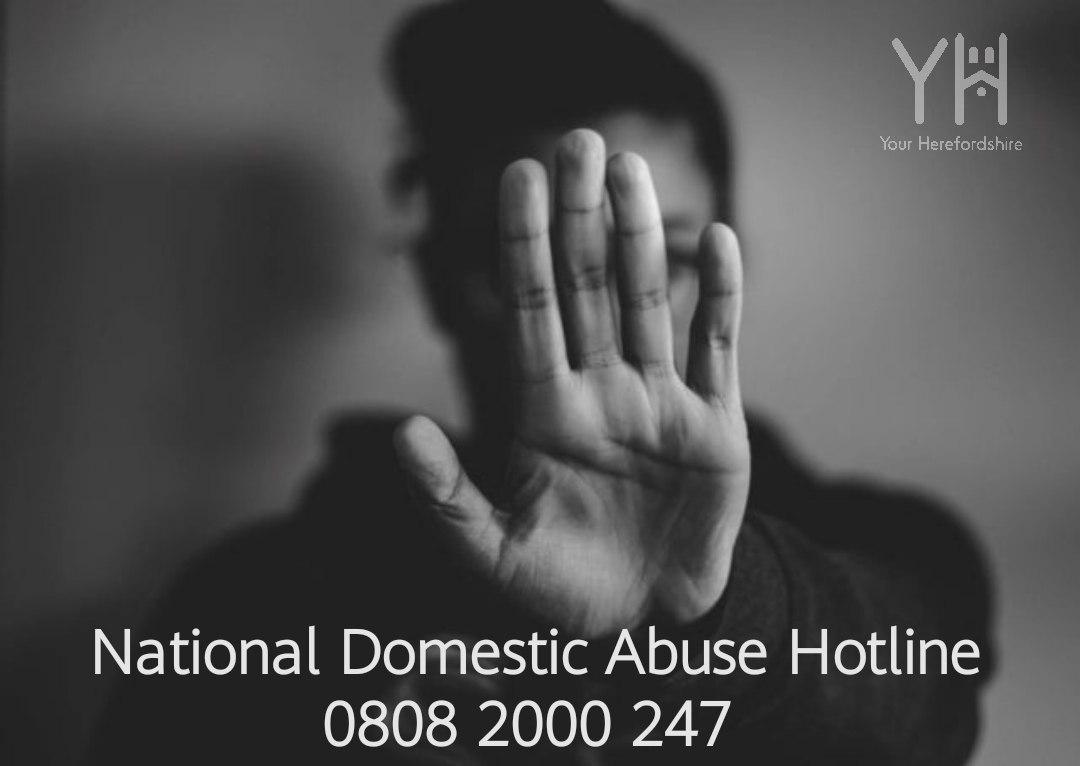The UK has seen a sharp rise in calls to domestic abuse helplines since the government implemented lockdown restrictions to try and fight the spread of Coronavirus.
Refuge, a national domestic abuse helpline for women and children reported its calls were 25% above average by the second week of lockdown. It has now been reported that calls are 49% higher than average.
Domestic abuse is indiscriminate and the male domestic abuse helpline, Men’s Advice Line has also seen a rise in calls with 17% more within the first week of lockdown.
During the Covid-19 pandemic, it is not just the helplines that have seen a frightening increase in calls.
ITV News recently contacted 13 abuse organisations across the UK and confirmed a large rise in people getting in touch online.
Refuge confirmed a 150% increase in people accessing the national domestic abuse website; www.nationaldahelpline.org.uk.
A Yorkshire based domestic abuse charity have reported a 30% rise of people accessing its online chat service. This was in comparison to the same time last year.
Northern Ireland’s Justice Minister, Naomi Long, reported four domestic killings in Northern Ireland since the start of lockdown.
Labour MP, Yvette Cooper said “staying at home is an important part of the strategy to prevent Coronavirus from spreading and save lives, but for some people home isn’t safe.”
Cooper called for “urgent action” in order to protect victims now stuck in lockdown with abusive perpetrators.
Domestic abuse survivor, Mel Clarke, who was in an abusive relationship with her partner for 15 years addressed the lockdown situation and said “women are treading on eggshells and trying not to start disputes. Now it’s so much harder to run away.”
MP’s are concerned that without intervention “society will be dealing with the devastating consequences [of domestic abuse] for a generation.”
It has been reported recently that the Home Affairs Select Committee are urging for the government to implement an emergency package of funding to support domestic abuse victims and vulnerable children.
Chief executive of Refuge, Sandra Horley said “all women who need to escape during lockdown and beyond must be assured of a safe place to stay with specialist support.”
There is the suggestion from the Home Affairs Select Committee for the government to sponsor a “safe spaces” model where victims can easily access help and support in supermarkets, pharmacies and other retailers.
The cross-party committee has recommended that the government legislates to take away the time limit placed on certain crimes in order to ensure that domestic abuse perpetrators who exploit the lockdown do not get away with their crimes and will be punished.
Cooper stressed how urgent this is. “The emotional, physical and social scars from domestic abuse can last a lifetime.”
She went on to say that “this isn’t just about supporting victims in periods of lockdown. When restrictions are eased and victims try to leave or to return to normal life, the threat to them could be even greater and the need for support will be acute.”




